February commemorates Pet Dental Health Month, spotlighting a vital but often overlooked aspect of pet care. Dental troubles inflict similar pain on pets as they do on humans, if not more. However, pets lack the ability to articulate their discomfort or schedule dental visits independently. Hence, pet owners must remain vigilant and notice any signs of dental distress. This article features expert advice from a nearby South London, ON area veterinarian, offering guidance on identifying and managing dental issues in pets.
Our cherished pets often grapple with dental issues, and even the most loving owners may overlook crucial signs. Common problems include gum disease, abscesses, overcrowding, and misalignments. Dogs, especially enthusiastic stick-fetchers like Fido, often endure cracked or broken teeth. Similarly, cats contend with tooth resorption and feline stomatitis. Identifying these issues plays a pivotal role in responsible pet caregiving.
Regular vet exams include checking your pet’s teeth. Be attentive to warning signs between scheduled visits.
- Plaque Buildup
Observable tartar buildup is inherently tied, or paw in hand, to gum disease, echoing the human experience. The process initiates with minor gum irritation, identified as gingivitis, which can be reversible through proper care. Unfortunately, this reversal often eludes pets. Advancement results in tartar formation around the gumline, establishing pockets of infection and consequent loss of gum tissue followed by bone.
Understand it’s not just about appearance; gum disease is genuinely perilous. Beyond causing tooth shifting and loss, it’s tied to serious health conditions like heart disease and issues with the liver and kidneys. The infection can spread from pets’ mouths to vital organs through the bloodstream.
If your pet exhibits brown or yellow buildup on their teeth, it might be time for a deep cleaning. This process eliminates tartar, promoting gum healing and reattachment. Seek advice from your vet.
- Putrid Breath
While pets aren’t famous for minty-fresh breath, their loving nose boops and smooches shouldn’t leave you recoiling. Perpetual bad breath is concerning, potentially indicating multiple health issues.
- Bleeding Gums
Bleeding gums, reminiscent of humans, signal gum disease in pets. Although you may not observe direct alterations on your pet’s gums, alternative manifestations may arise. Watch for toy or dish smudges and dark fur stains encircling their mouth. These subtle hints could suggest underlying dental issues necessitating prompt intervention.
- Ropy/Excessive Drooling
It’s common for certain dog breeds to have a tendency to drool. Breeds such as Bloodhounds, Boxers, Great Danes, Saint Bernards, Mastiffs, Retrievers, or Basset Hounds are known for this trait. However, if your pet, who isn’t typically prone to drooling, suddenly starts producing excessive or stringy drool, it could indicate an underlying issue worth investigating.
- Cats generally don’t drool, so if you catch Fluffy dribbling, pay heed.
- Spilling Food from the Mouth
While pets may not always eat neatly, they generally succeed in getting food into their mouths. However, if your furry companion is experiencing dental issues, chewing can become painful or challenging. You might notice them inadvertently dribbling food from the side of their mouth.
- Choosing Soft Food/Treats
Suffering from tooth pain while chewing is distressing. Hard food exacerbates the issue. You might see Fido or Fluffy choosing softer alternatives and neglecting their dry food. Your pet may also show disinterest in hard snacks.
- Waning Desire to Play
Fido’s playful habits often involve his mouth, making dental issues a potential hindrance to activities like Fetch or Tug O War. Likewise, Fluffy might lose interest in batting a catnip mouse or chasing after the elusive red dot if dental problems affect her enthusiasm for play. Dental health is crucial for pets’ enjoyment of their favorite games.
- Swelling
Observable swelling acts as a vital red flag. It not only signals significant pain for your pet but also suggests the presence of a potentially severe infection. While all infections pose dangers, those near the brain are especially concerning due to their proximity to vital organs. Immediate veterinary attention is essential to manage such critical health conditions.
- Shunning Physical Contact
Take notice if your pet starts avoiding head or face contact suddenly. This is especially worrisome if your pet usually enjoys forehead rubs or ear scratches. Any abrupt aversion to these interactions may indicate underlying discomfort or pain, prompting immediate veterinary examination.
- Grouchy Temperament
Have you ever had a toothache? It likely didn’t improve your mood. Pain is universally unpleasant. If your furry friend suddenly behaves differently, retreating to a quiet space and avoiding family interaction, it could signal discomfort. In severe cases, pets may even growl or snap when their face or mouth is touched. Recognizing these signs promptly allows for addressing potential dental issues and ensuring your pet’s comfort.
- Mouth-Scratching
This behavior is quite common in cats. You may observe your feline friend pawing at her mouth or face. While it could be a routine grooming habit for Fluffy, if it appears unusual or persistent, it could indicate an underlying issue that necessitates examination by a veterinarian.
- Messy Fur (Cats)
Kitties are usually adept at self-grooming, and Fluffy may allocate hours daily to maintain her soft, clean fur. If your feline companion experiences mouth pain, it could disrupt this routine. Unwell cats often deviate from their typical beauty habits, mirroring the human tendency to feel unlike themselves when sick. Recognizing shifts in your cat’s grooming behavior is crucial to promptly monitor and address potential health issues.
- Adjustments in Food Consumption
One more important aspect to be keenly aware of would be any alterations or changes in your furry friend’s eating habits or behaviors. As previously mentioned, although a preference for softer food may serve as a significant indicator, it’s essential to remain watchful for additional signs. Your beloved pet may also exhibit variations such as extended meal times or fluctuations in their appetite.
- Appetite Reduction
If your pet experiences severe dental pain, it may lose all interest in food, leading to weight loss and potential malnutrition, posing significant health risks. A reduced appetite can signal various underlying health issues. Therefore, immediate veterinary attention is crucial if your pet shows signs of not eating. Prompt intervention ensures proper management of their dental health and overall well-being, preventing further complications and promoting a speedy recovery.
- Sneezing
Dental problems commonly contribute to issues in nasal passages or sinuses, causing abnormal nasal discharge, an unusual occurrence for pets like Fido or Fluffy. Identifying these symptoms emphasizes the necessity of prompt veterinary evaluation.
Additional Red Flags for Dental Problems
The most common warning signs are listed separately, yet some are easily visible to the naked eye, including:
- Inflammation
- Visible Abscesses
- Missing Teeth
- Extra Teeth
Should you observe any of these, contact your South London area veterinary clinic right away.
Maintaining good dental health in pets is crucial due to the prevalence of dental issues often disregarded by owners. Warning signs such as tartar buildup, drooling, weight loss, bad breath, changes in eating habits, and visible swelling should not be ignored. These indicators can signify underlying dental problems that, if left untreated, may lead to discomfort, pain, and even systemic health issues. Prompt veterinary attention is imperative upon observing any of these signs, as timely intervention can prevent further complications and ensure the overall well-being and longevity of your pet. Regular dental care and veterinary check-ups are essential for maintaining optimal oral health in pets.
If you’ve spotted any of these signs in your pet, feel free to contact us, Firth Veterinary Hospital in the South London, ON area, at any time. We’re here to provide assistance whenever you need it!






